The Five Best Books for Learning Kanji
/When I started teaching Japanese, I thought that beginner classes would be a kanji-free zone. I thought we'd be totally focused on speaking as much as possible, and reading and writing would be a homework-only activity for my students.
But, two things happened:
1) Students sometimes need help in class with reading and writing; and
2) It turns out lots of students are really interested in the Japanese writing system.
Which makes sense to me, as the writing system is kind of what got me interested in Japanese in the first place, too!
Anyway, I have a lot of kanji books. And today, I'd like to share some of them with you! So here are my top five kanji books, for beginners up to advanced.




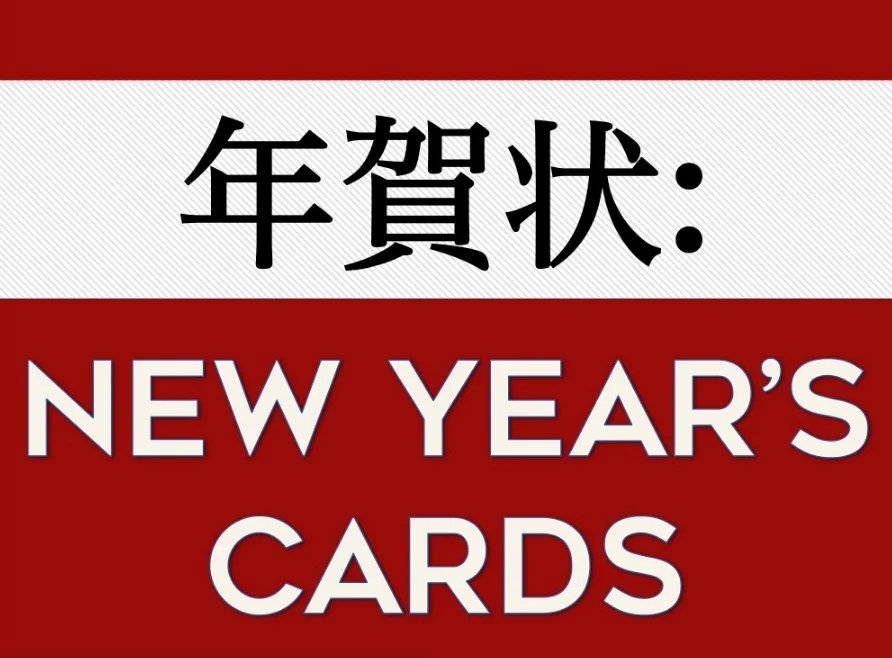







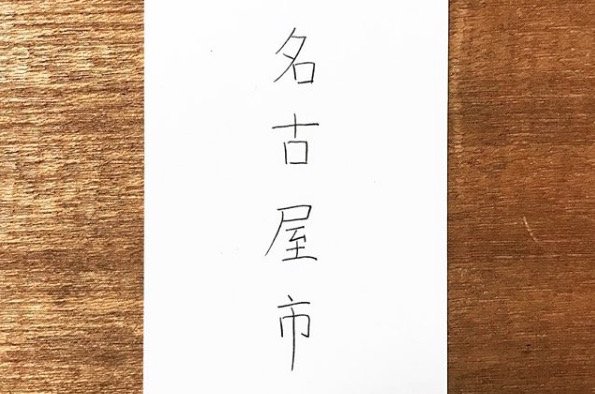

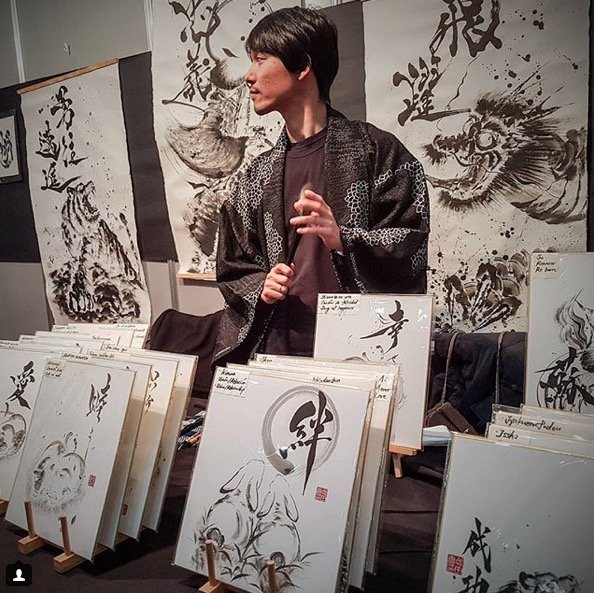
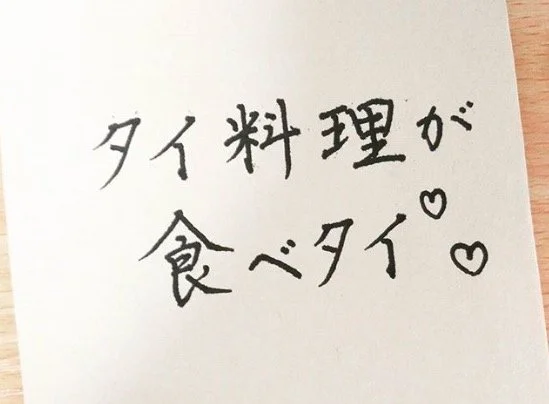
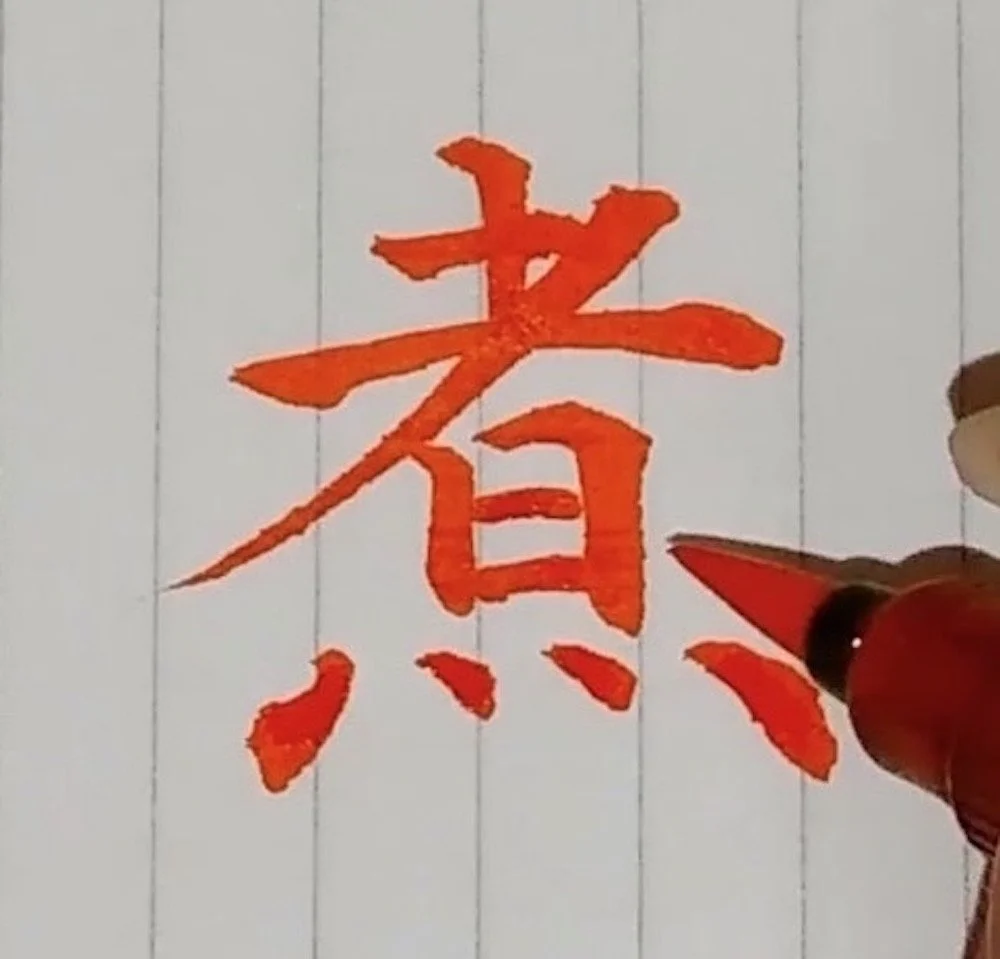
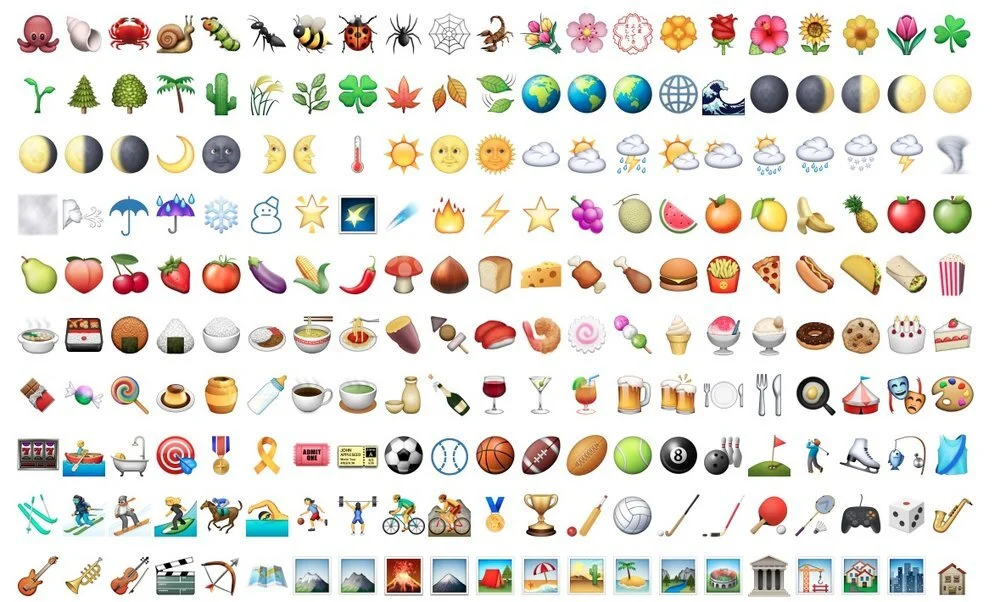




















Like many people in the UK, I studied French in school. I liked French. I thought it was really fun to speak another language, to talk with people, and to try and listen to what was going on in a new country. (Still do!)
When I was 14 we went on a school exchange to the city of Reims, in northeastern France. I was paired with a boy, which I’m sure some 14-year-olds would find very exciting but which I found unbearably awkward. He was very sweet and we completely ignored each other.
That was nearly 20 years ago, and I didn’t learn or use any more French until, at some point in lockdown, I decided on a whim to take some one-to-one lessons with online teachers. Here are some things I learned about French, about language learning, and about myself.